Put these six underrated Australian wine regions on your radar
Exploring beyond the always-reliable Hunter or Barossa could lead you to a new favourite drop.
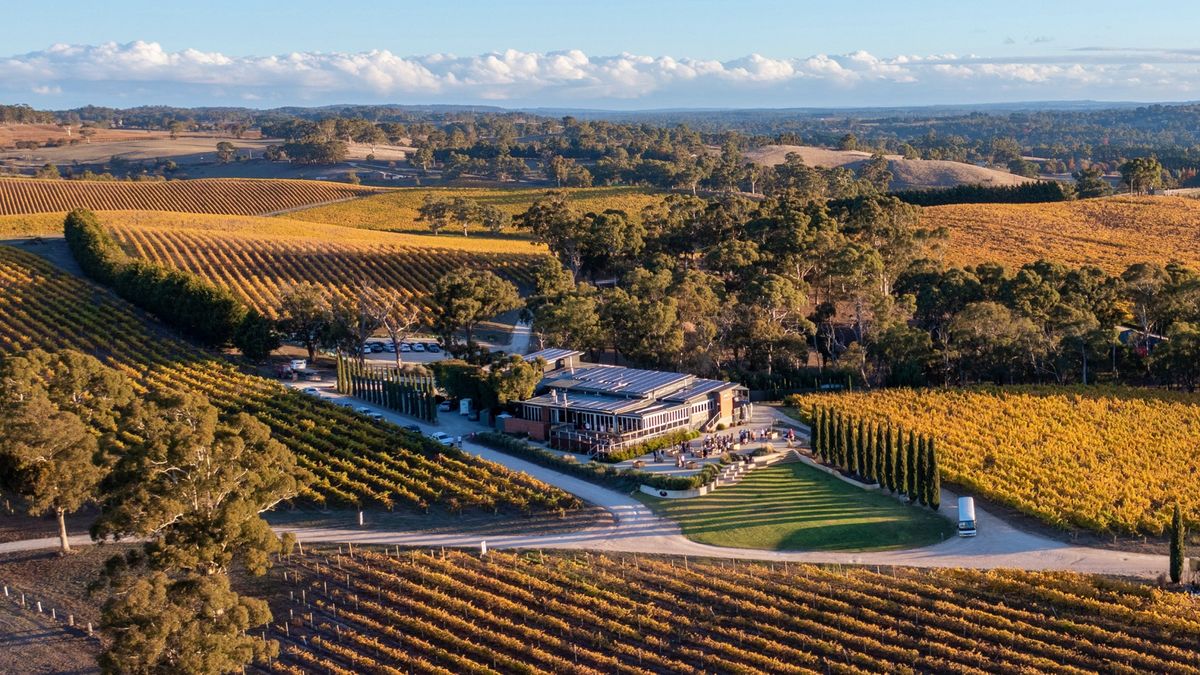
Wine lovers can be fairly set in their ways when it comes to what they drink. For fans of big reds, the search typically starts (and ends) at the Barossa or McLaren, while chardonnay aficionados often gravitate to the Yarra and Mornington Peninsula.
They’re all reliable regions, for sure: no-risk ‘go tos’ when you want to play it safe. But why not cast your net a little wider and bring some fresher options into play? After all, there are more than 60 wine regions dotted across the country.
To that end, here are six underrated wine regions to start with.
Orange, NSW
A little under four hours’ drive west of Sydney (making it a worthwhile long weekend escape), this progressive town has plenty of appeal for city escapees and regional explorers. The hotels are exceptional too, in particular the fabulous Byng St Boutique Hotel.
Much of Orange’s initial appeal was driven by its popularity as a ‘food bowl’, though it’s evolved far beyond that. Open places and prime growing conditions made it a natural fit for makers of cool-climate wines and ciders too, and the rest, as they say, is history.
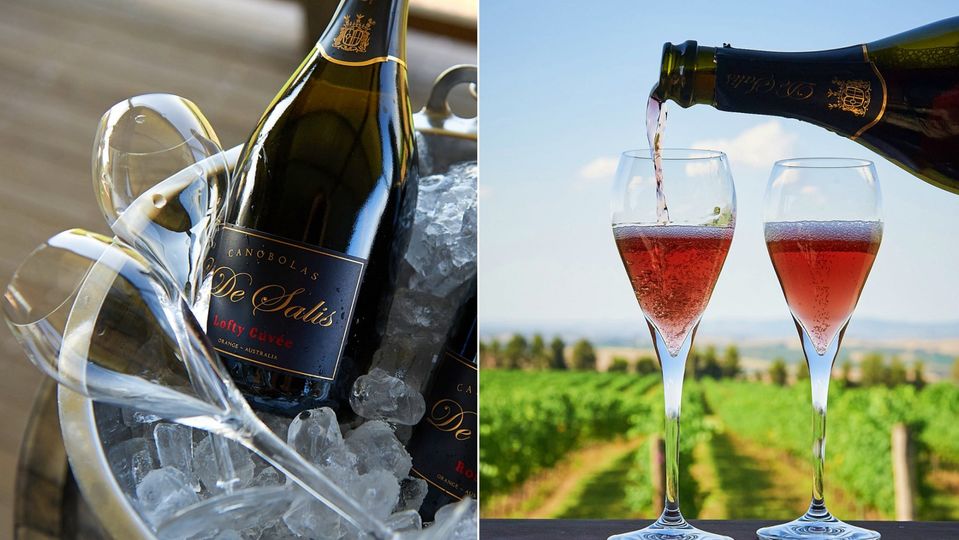
The region now boasts some 80 vineyards and around 30 cellar doors. On that list are De Salis Wines and Printhie (both of which have impressive ranges of sparkling wines), as well as Patina, Brangayne, Philip Shaw Wines, Colmar Estate and Ross Hill.
Granite Belt, QLD
It often surprises people to learn Queensland produces wine. Yet produce it does, and the northern Italian-esque climate of the Granite Belt – centred around Stanthorpe and less than three hours from Brisbane – leads to some exceptional wines.
The key varietals are shiraz, merlot, chardonnay and cabernet Sauvignon, yet it also excels at ‘strange birds’. There are no feathers involved here – Strange Birds is the name given to its alternative varietals, which must represent less than 1% of the total vines in Australia.
It’s a great showcase of the depth and diversity of less-common wine varietals, predominantly from Europe. Think Saperavi from Georgia, Malvasia from Greece, and Vermentino from Italy, to name a few.
Some of the wineries worth adding to your hit list include Ballandean Estate Wines (a must-visit for that aforementioned Saperavi) and Boireann, along with Balancing Heart and Symphony Hill Wines.
The 40km Granite Belt Wine Trail is a great way of experiencing all of the best wineries without having to create your own itinerary.
Langhorne Creek, SA
Just an hour from Adelaide, Langhorne Creek is oft-overlooked in favour of its globally-adored neighbours, namely McLaren Vale and the Barossa. Yet this tiny hamlet is worthy of attention. It’s where Wolf Blass sourced fruit for many of his early trophy winners, after all.
Draped along the banks of the Bremer River, which flows into Lake Alexandrina, Langhorne Creek’s connection to wine dates back to 1850, and its riverside location has been key to its ongoing success. In winter, the river frequently floods across the vineyards, providing natural irrigation to the rich, deep soils.
It is best-known for cabernet sauvignon and shiraz, which account for 70% of production, but over recent years considerable experimentation has occurred and a large range of grape varieties are grown, including malbec.
Among the labels and cellar doors to look out for here are historic family-owned Bleasdale (over 170 years young), Bremerton, Lake Breeze, Heartland Wines, and Temple Bruer, one of the country’s leading organic producers.
Adelaide Hills, SA
Less than half an hour’s drive from its namesake city, Adelaide Hills is dotted with boutique wineries, with familiar brands such as Shaw + Smith (synonymous with sauvignon blanc), Nepenthe and Hahndorf Hill at the forefront.
This region used to be covered with apple, pear and cherry orchards as far as the eyes could see. While many of them still survive, wine is now very much the focus, with about 50 cellar doors having popped up in the area like fresh shoots.
Today, names like Petaluma, Tapanappa Wines, Bird in Hand, The Lane, Tilbrook Estate, K1 by Geoff Hardy, Sidewood, and Deviation Road head the charge – but several vineyards also provide cool-climate fruit to industry big guns.
More adventurous producers, pushing winemaking boundaries, include Ngeringa and Ochota Barrels in the Basket Ranges.
Daylesford-Macedon, VIC
The Macedon Ranges and Daylesford region has really come into its own as a key food and wine destination over the last two decades, and it’s conveniently within easy reach of Melbourne.
Daylesford and next-door Hepburn Springs are alive with top-notch restaurants, vibrant country pubs, retreats, wine bars and up-market accommodation, while the likes of Passing Clouds, Cobaw Ridge and Curly Flat regularly named among the top cool-climate wine producers in the country.
Passing Clouds is a brilliant lunch venue, while pinot and chardonnay specialist Curly Flat, minimalist Cobaw Ridge and flinty rieslings from Knight’s Granite Hills are regional highlights.
Swan Valley, WA
Despite being Western Australia’s oldest wine region, and only a hop, skip and a jump from Perth, the Swan Valley wine region has been almost completely overshadowed by the Margaret River and the Great Southern. It deserves better.
Among its major cellar door draw cards are Mandoon Estate and the multiple-award-winning Sandalford, which can be reached by river from Perth and has one of the state’s best winery eateries.
Little River and Talijancich Wines are other popular tasting destinations, while raising a glass or three at the Lancaster Wines open-air shed – surrounded by the vines producing its high quality fruit – is always a worthwhile experience.
Lead image courtesy of South Australian Tourism Commission.
Additional reporting by Chris Ashton.
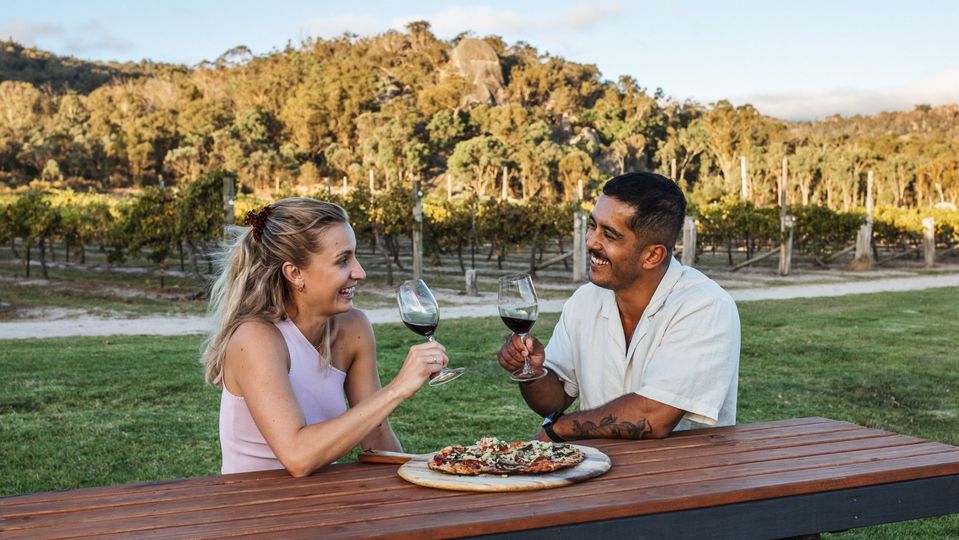
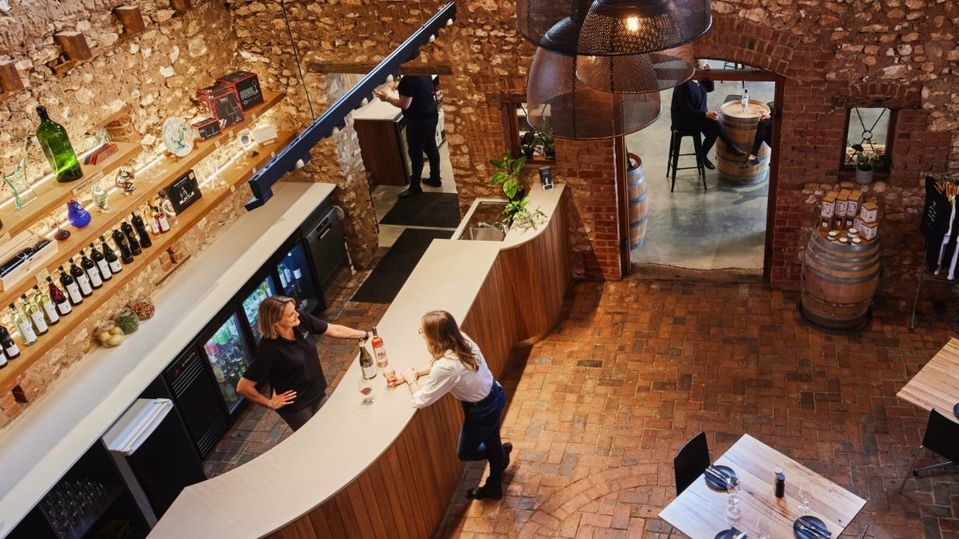
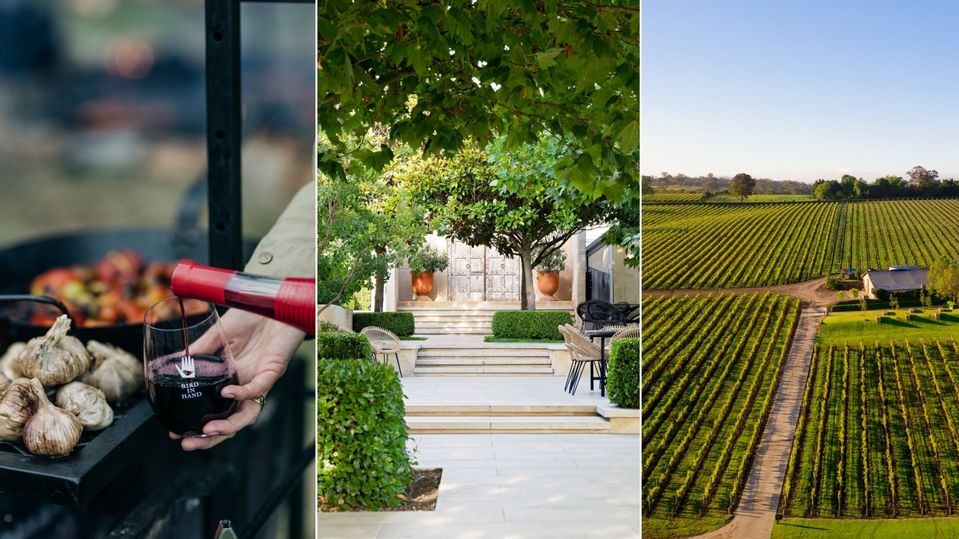
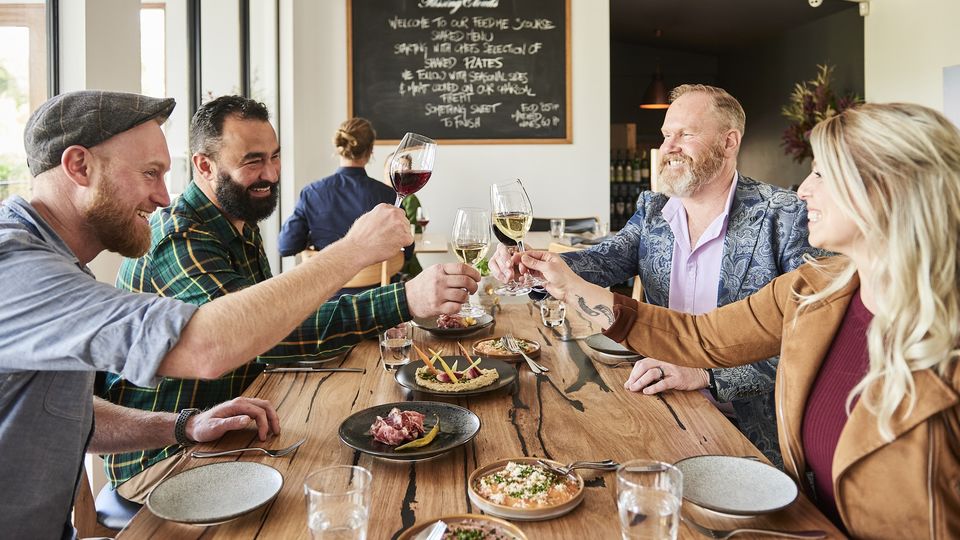
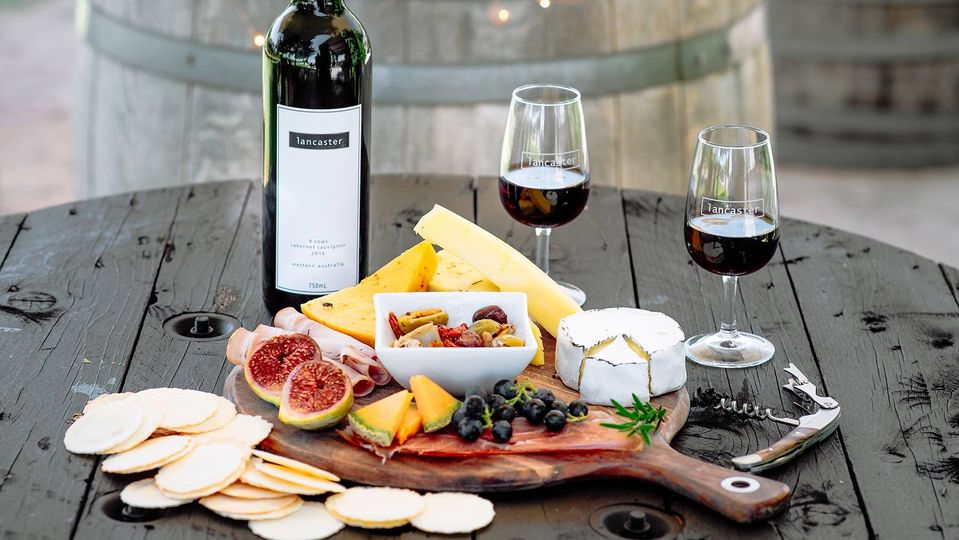
Hi Guest, join in the discussion on Put these six underrated Australian wine regions on your radar